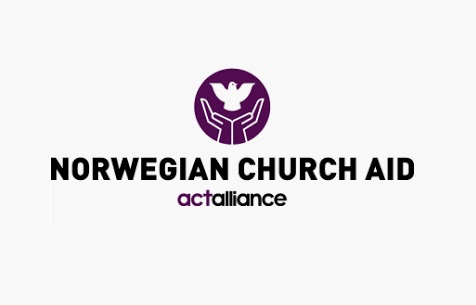Sustainable Veggie Business (SVB)
The Anglican Church of Tanzania Diocese of Morogoro - To address food insecurity and economic hardships that force people to consume less food and food with low nutritional quality.

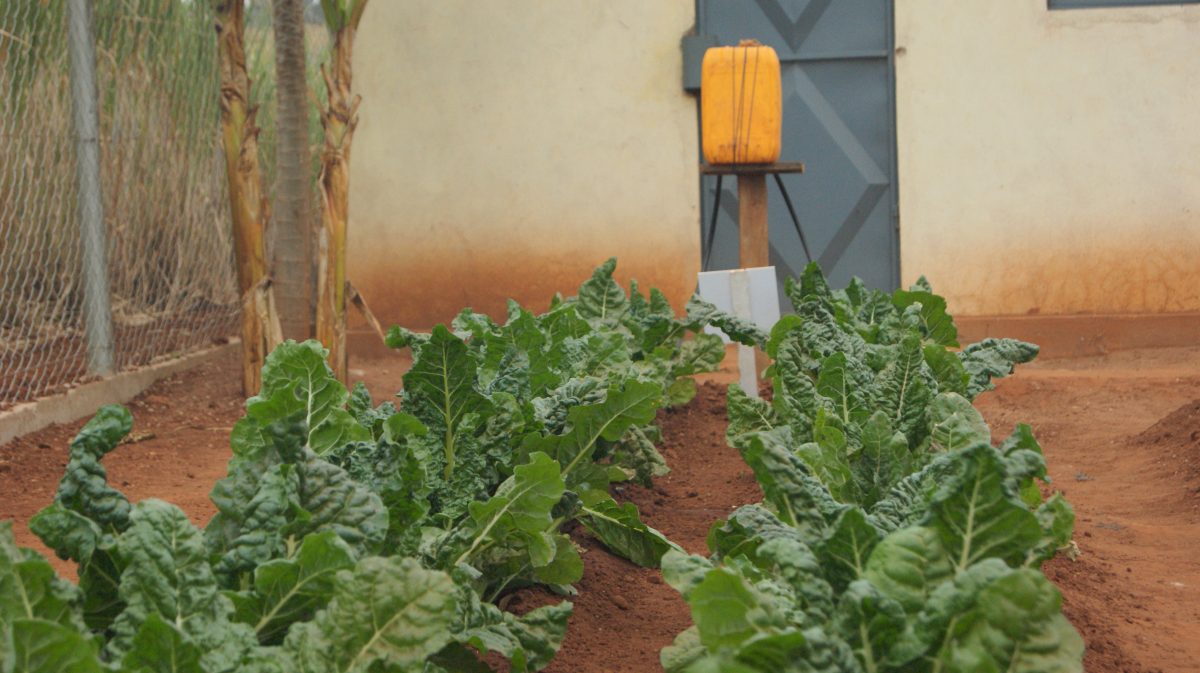
Overview of the project
By 2050, there will be 10 billion people living on earth planet, and 20% less arable land per person to grow enough food as an increase of water scarcity cases. This is the reason why it is necessary to think about and have a way to increase agricultural productivity and resource efficiency.
Thus, the organisation promotes the development and the micro investment in drip irrigation kit for home vegetable garden fits in. This practice will lead in changing the economics of global agriculture by allowing farmers to produce more food in small area of land and use little amount of water.
Indeed, home gardens provide the main source of staple food for people in heavily degraded and densely populated areas with limited croplands. They can ensure food to underprivileged and resources-poor households as they can be established and maintained within a small patch of land or with no land using a few inputs. Ensuring a reliable and convenient source of food, fibre, and fuel for the family, they are viewed as a robust food system in circumstances where population pressures and numerous resource limitations persist.
Finally, home gardens offer a realistic solution as in most countries home gardening is a regular day-to-day activity amongst the household, especially for women. Through home gardening women have developed proficiency related to plants and garden practices that helps them become better home and environment managers. Their labour is indispensable to maintain the garden and to help keep production cost low.
To address food insecurity and economic hardships that force people to consume less food and food with low nutritional quality.
Ongoing financing
1/3/2016
Upon implementation about 9000 households have been reached and 20,000 micro irrigation kits have been installed. Those have enabled both urban and rural communities to grow vegetables at their home yard.
Home vegetable gardens allow families to produce their own organic food. When properly managed they provide a four-in-one solution to the food and nutrition problems by increasing households food availability, enabling greater physical, economic and social access, providing an array of nutrients, and protecting and buffering the households against food shortages.
This project was initiated by Norwegian Church Aid-Tanzania (NCA) as Donor and implemented by Anglican church of Tanzania Diocese of Morogoro through Department of Development Services (DDS)
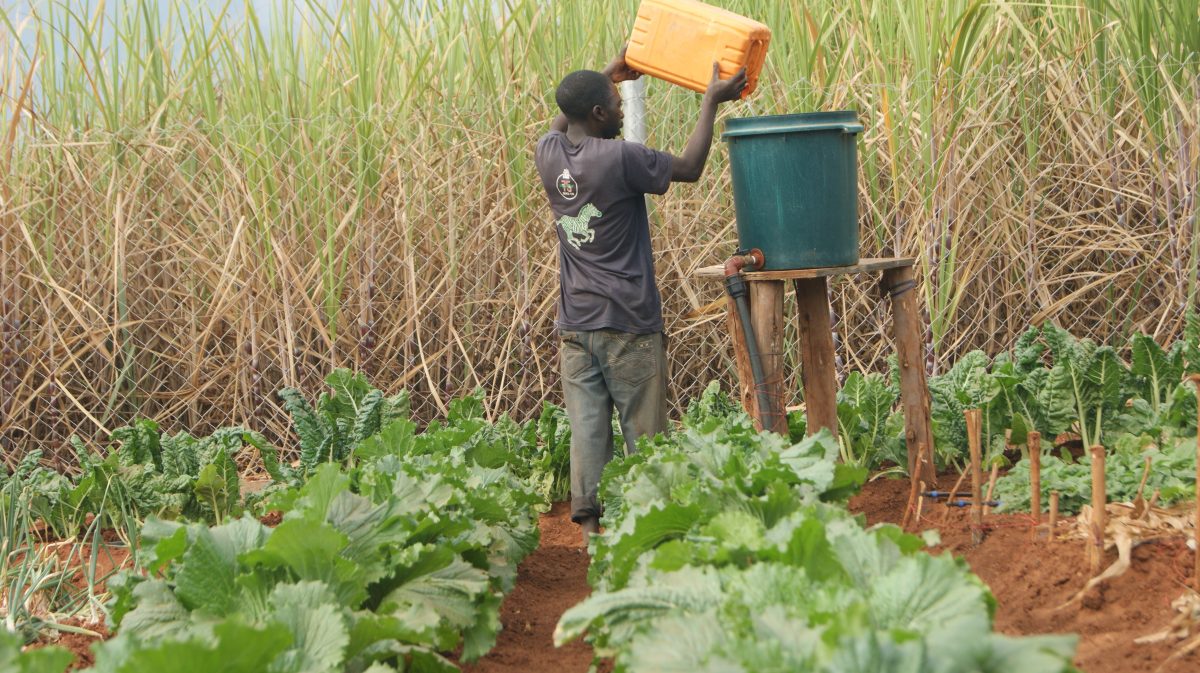 SONY DSC
SONY DSC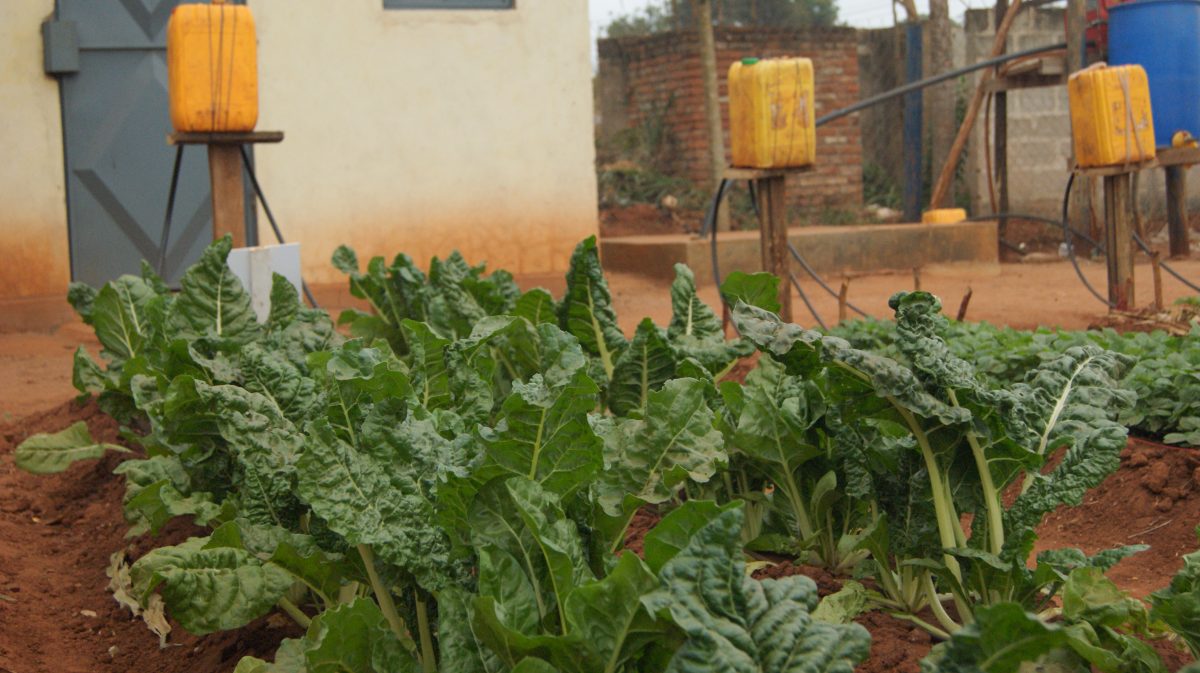 SONY DSC
SONY DSC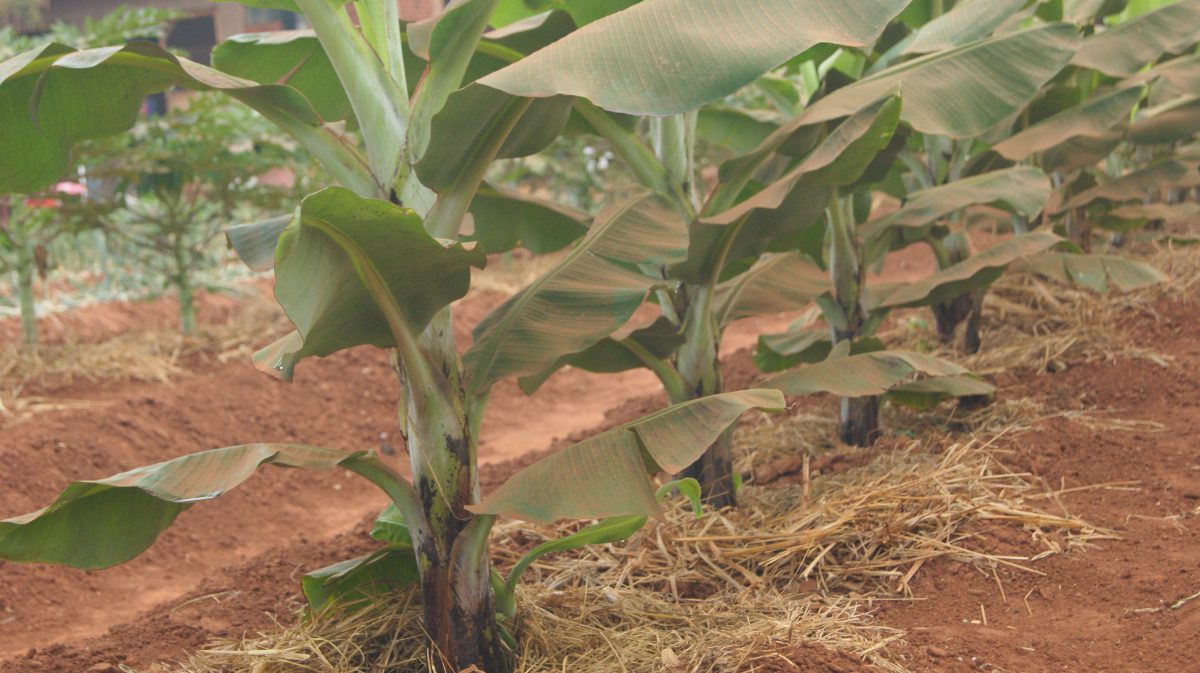 SONY DSC
SONY DSC
organisation
The Anglican Church of Tanzania Diocese of Morogoro has several goals it pursues:
- To coordinate the planning and execution of programs that create opportunity, empower communities to build capacity and become agents of change.
- To be able to create a culture of service, to pursue justice, and to enable all people to experience the fullness of life characterized by freedom, love and hope.
- To build up the community that is capable for self-determination whereby people can realize and use local available resources and opportunities to improve their livelihood as well as to have sustainable community development.
in collaboration





